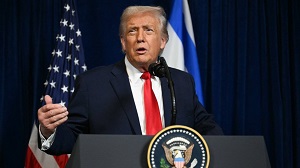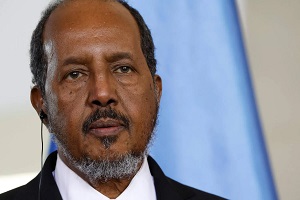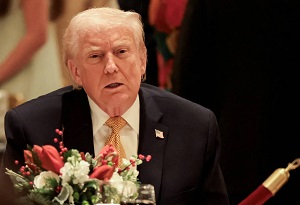Some may think these statements are ordinary, but they represent an unprecedented step, as Israeli Prime Minister Benjamin Netanyahu acknowledged the assassination of Hamas leader Ismail Haniya in Tehran. This raises numerous questions about the political and strategic implications of these statements, which indicate a shift in Israeli policy towards Hamas and the Palestinian resistance, potentially carrying significant ramifications.
Undoubtedly, Netanyahu's admissions serve as a political tool in his attempts to affirm the military strength of the state, amid rising tensions in the region and the existential threats it is beginning to feel. Through this announcement, Netanyahu seeks to bolster his domestic standing, especially with elections approaching, as he may feel the need to showcase military achievements to enhance his image as a strong leader. This acknowledgment will increase tensions regarding the talks of a ceasefire, complicating the political landscape further; the prospects for reaching a ceasefire may now be more complex than ever, as Netanyahu's statements about the assassination of Haniya mark a significant point in the course of the war, opening the door to intricate and unpredictable scenarios at a time when crises are intensifying. It becomes crucial to consider new mechanisms to accept a ceasefire, while recognizing the significant challenges facing this process.
In light of global political transformations, Netanyahu's remarks urging prayer for the return of former U.S. President Donald Trump to the White House also stand out, reflecting many political and strategic dimensions worthy of analysis. Netanyahu is a staunch supporter of Trump's return, which strongly indicates the close relationship between the two, contributing to the strengthening of the U.S.-Israel alliance during Trump's presidency. His administration took bold steps, such as recognizing Jerusalem as the capital of Israel and moving the U.S. embassy, actions that received wide support from the Israeli government at that time.
This call coincides with the upcoming U.S. elections, where Netanyahu aims to influence the results in favor of Trump, recognizing that Trump's return could mean the continuation of military and economic support for Israel, along with more favorable policies towards Tel Aviv. Additionally, with the growing challenges in the region, such as the conflict with Iran and the increasing Iranian influence in the Middle East, Trump is considered a pivotal ally for Netanyahu, and his return could increase pressure on Tehran.
Netanyahu is fully aware that Trump's return could affect U.S. relations with other countries, especially those seeking to achieve balance in the region. If Trump returns to power, the world may witness a resurgence of politically unstable scenes, raising the level of tensions.
In summary, geopolitical tensions in the region are set to escalate with both Netanyahu and Trump in power, both being undesirable choices for global leadership, as their policies may exacerbate divisions within societies and increase polarization on the international stage. Their adherence to hardline and extreme views could lead to the reinforcement of conflicts and increased violence worldwide, threatening global peace and security. Therefore, their continued presence in power remains a major concern for the international community.
Latest News
-
 Trump says 'hell to pay' if Hamas fails to disarm in short period
Trump says 'hell to pay' if Hamas fails to disarm in short period
-
 Somali President to Visit Türkiye After Israeli Recognition of Somaliland
Somali President to Visit Türkiye After Israeli Recognition of Somaliland
-
 Syrian Army Enters Latakia, Tartus after Attacks by Regime Remnants
Syrian Army Enters Latakia, Tartus after Attacks by Regime Remnants
-
 Jordan, Arab, Islamic countries reject Israel’s recognition of Somaliland
Jordan, Arab, Islamic countries reject Israel’s recognition of Somaliland
-
 Trump Says Had 'Productive' Call with Putin Ahead of Zelensky Meeting
Trump Says Had 'Productive' Call with Putin Ahead of Zelensky Meeting